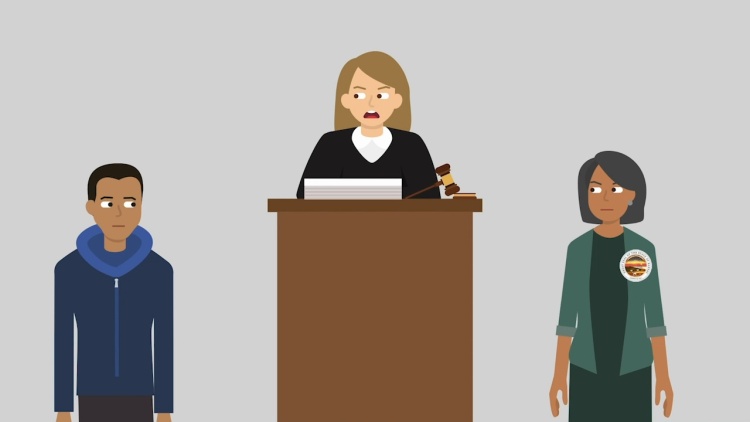Kansas v. Glover
United States Supreme Court
140 S.Ct. 1183, 206 L.Ed.2d 412 (2020)
- Written by Liz Nakamura, JD
Facts
Mark Mehrer (plaintiff), a Kansas (plaintiff) police deputy, ran the license plate of a 1995 Chevrolet pickup truck he spotted while on routine patrol. Mehrer did not observe the truck committing any traffic infractions or engaging in suspicious activity. After running the license plate, Mehrer discovered the truck was registered to Charles Glover Jr. (defendant) and that Glover’s driver’s license had been revoked. Mehrer did not attempt to identify the driver of the truck after running the plate. Because the truck was registered to an owner without a valid license, Mehrer initiated a traffic stop. Glover was driving the truck. Following the traffic stop, Glover was charged with driving as a habitual violator. Glover moved to suppress the evidence from the traffic stop, arguing that Mehrer did not have the required reasonable suspicion to initiate the stop. The trial court suppressed the evidence. Kansas appealed, and the appellate court reversed, holding it was reasonable for Mehrer to assume that Glover, as the truck’s registered owner, was also the driver. Glover appealed to the Kansas Supreme Court. The Kansas Supreme Court reversed, holding that Mehrer’s inference that Glover was the driver simply because he was the registered owner amounted to a hunch, not reasonable suspicion. The United States Supreme Court granted certiorari.
Rule of Law
Issue
Holding and Reasoning (Thomas, J.)
Dissent (Sotomayor, J.)
What to do next…
Here's why 904,000 law students have relied on our case briefs:
- Written by law professors and practitioners, not other law students. 47,100 briefs, keyed to 995 casebooks. Top-notch customer support.
- The right amount of information, includes the facts, issues, rule of law, holding and reasoning, and any concurrences and dissents.
- Access in your classes, works on your mobile and tablet. Massive library of related video lessons and high quality multiple-choice questions.
- Easy to use, uniform format for every case brief. Written in plain English, not in legalese. Our briefs summarize and simplify; they don’t just repeat the court’s language.





